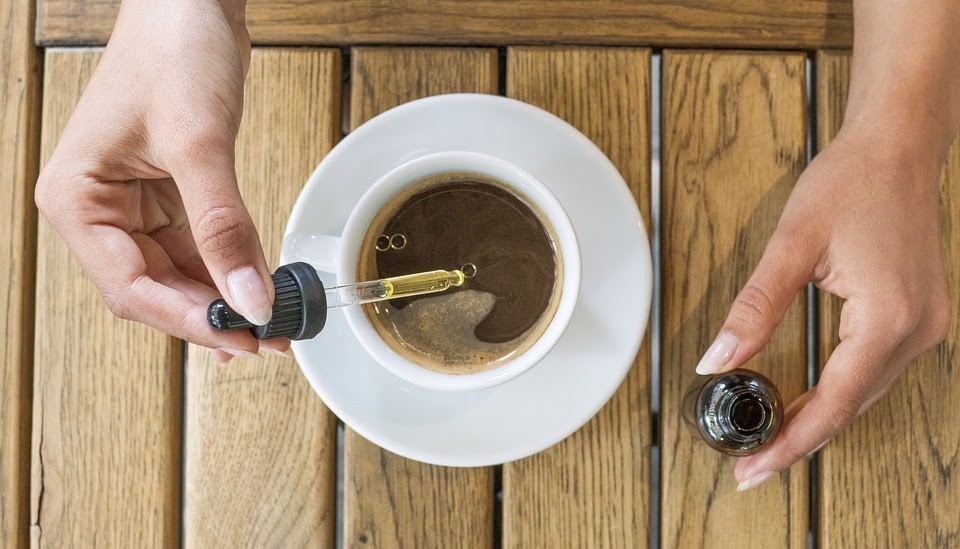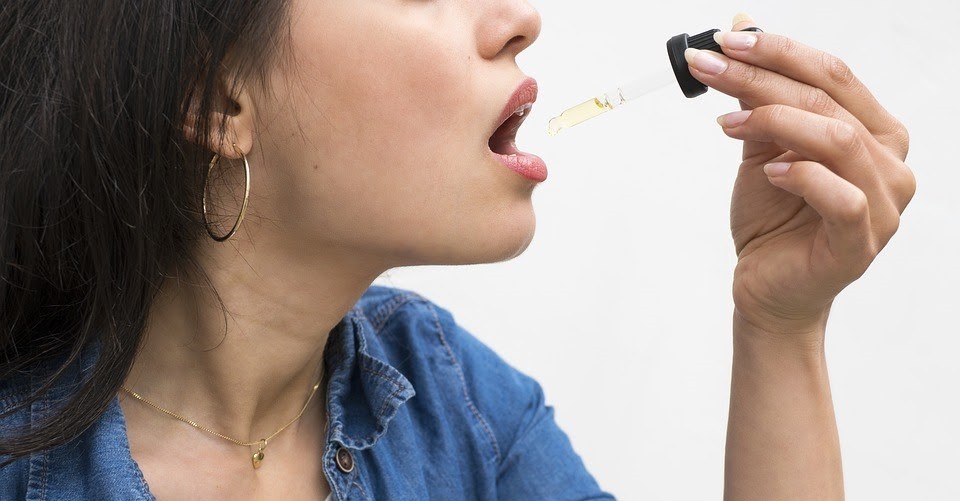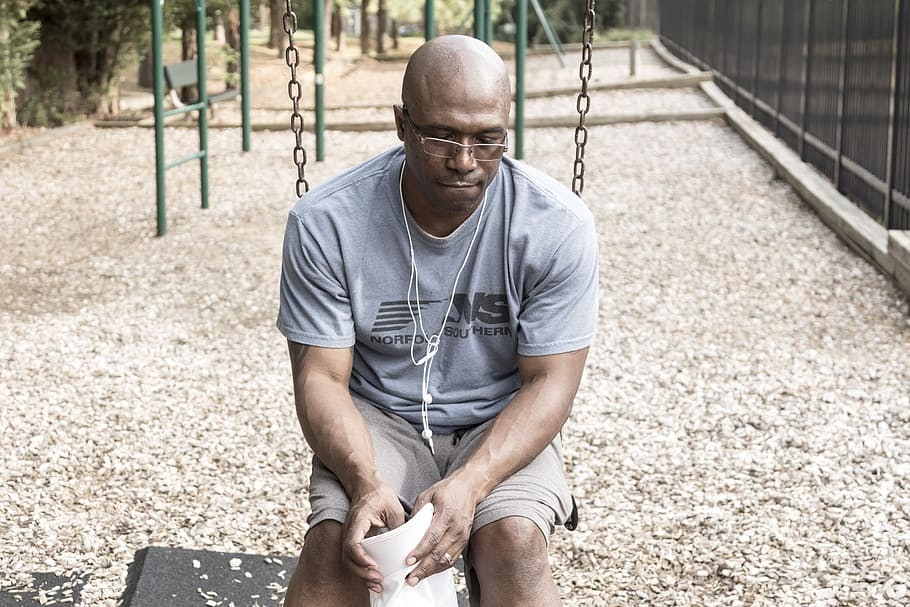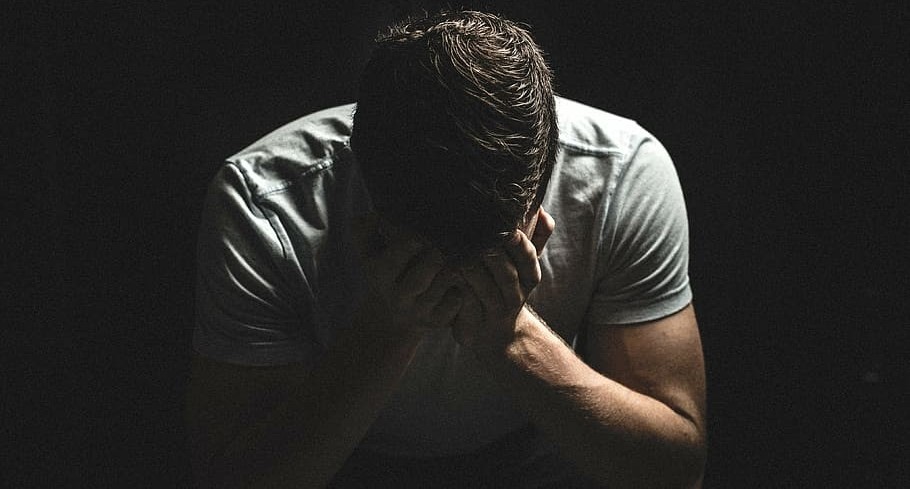The Science Behind CBD Oil for Anxiety and Depression
CBD (cannabidiol) is a chemical compound derived from the cannabis plant. The cannabis plant contains more than 100 different chemical compounds other than cannabidiol.
Across the years, CBD has been finding diverse applications, commonly consumed in the form of gummies (or edibles) or as CBD oils. In contrast to the delta-9-tetrahydrocannabinol (THC) chiefly contained in marijuana, CBD doesn’t have psychoactive properties. Therefore, CBD oil will not get you high.

A World Health Organization report shows the chances of substance abuse or addiction for CBD users are negligible. This explains the rapid adoption of CBD oil in treating various conditions ranging from anxiety to chronic pain to insomnia.
To better examine the potency of CBD oil for anxiety, let us fundamentally explore how it impacts the body.
How CBD works in the human body
The human body consists of several receptors, including sensory receptors like photoreceptors, thermoreceptors, and chemoreceptors. Typically, receptors – which collect signals from a broad range of stimuli – are attached to our cells, being protein-based.
So, how does CBD interact with these receptors?
CBD acts on the CB2 and CB1 receptors, although the precise working mechanism hasn’t been definitively established at this time. The CB2 receptors are located in the peripheral nervous system, while the CB1 receptors are situated in the central nervous system.
Scientists believe CBD interacts with these CB1 and CB2 receptors by disrupting serotonin signals. As a critical stakeholder in your mental health, serotonin is a neurotransmitter that regulates your emotions. Low serotonin levels play a pivotal role in the development of mental disorders like anxiety and depression.
The prevalent medical approach to boosting such low serotonin levels is by administering selective serotonin reuptake inhibitors (SSRIs) like fluoxetine and sertraline.
These are selective drugs and are not accessible unless given a doctor’s prescription, typically in advanced anxiety and depression stages. However, CBD is a ready alternative to treating low serotonin levels.

Despite CBD’s relative availability, it is recommended that you consult your health provider before you integrate CBD into your treatment plan.
What does scientific research tell us about using CBD oil for anxiety?
Scientists have been pouring energy into investigating CBD’s effectiveness (and consequent safety) for treating anxiety. And the results have been impressive.
There is not any scientific assertion on the viability of CBD in treating anxiety in general at this time. Still, multiple studies are showing the applicability of CBD for several anxiety-related disorders like generalized anxiety disorder (GAD), obsessive-compulsive disorder (OCD), panic disorder (PD), social anxiety disorder (SAD), and post-traumatic stress disorder (PTSD).
Let’s delve into this.
CBD for treating generalized anxiety disorder (GAD)
In a neuropharmacological study on adult male rats, scientists discovered that CBD could alter the endocannabinoid (eCB) system.
This ultimately reduced symptoms like chronic unpredictable mild stress (CUMS), posing CBD’s viability in treating depression as relating to GAD.
To induce anxiety-related behaviors, the rats were passed through several stressors throughout the day. Consequently, CBD – in the form of intraperitoneal injections – was administered to the rats in a 10 mg/kg body weight proportion for four straight weeks.
By the 21st day of treatment, the CBD showed antidepressant and anxiolytic capabilities, relieving the effects of the chronic stress that the rats were exposed to.
CBD for treating PTSD and social anxiety disorder (SAD)
In addition to GAD studies, CBD has been impressive in treating other anxiety-related conditions like PTSD and social anxiety disorder (SAD). Specifically, in a 2011 study using functional neuroimaging, 400mg of CBD was administered to each of the research participants.
A placebo was also administered in this study through a double-blind procedure. This means the experimenters and the participants didn’t know who the recipients of either treatment were.
The results showed that the patients who were treated with the CBD showed significant improvement in their anxiety levels.
CBD is also showing effectiveness in treating PTSD. Studies have shown that CBD reduces the severity and frequency of PTSD symptoms like the intrusion of traumatic memories and nightmares.

These studies involved preclinical experiments focusing on varying rodent behavioral models. In this experimentation, CBD showed its capacity to erase negative memories and also prevent such memories from reconsolidating down the line.
Most likely, the CBD altered the eCB system’s effect on the rats’ emotional behavior and changed how they responded to traumatic events.
Such brilliant results in managing PTSD-related symptoms in this study suggest CBD’s therapeutic capacity for possibly preventing adverse memories (as relating to PTSD) in humans.
These studies purport CBD-based therapy as a formidable stand-alone alternative to more conventional PTSD treatment approaches like cognitive behavioral therapy (CBT).
CBD for treating other neurological disorders related to anxiety
Aside from being a natural remedy for anxiety, further scientific research shows that CBD can find use in the treatment of other anxiety-related neurological disorders.
An interesting research study conducted in New Zealand on 397 adults showed CBD’s potency in treating mental health conditions involving non-cancer-related, chronic pain.
After 21 days of the CBD-based treatments, each of the research groups showed measurable improvements in their mental health and overall quality of life.
The participants reported a reduction in pain, which increased their ability to take on their daily routines and chores.

Aside from the 70% of the participants that were delighted with the CBD therapy, just 9.9% of the research participants reported adverse side effects. The majority of these side effects were mild vivid dreams and sedation.
Furthermore, only a minute 0.8% of the participants reported that their symptoms deteriorated further. But out of all the 397 participants that were administered a CBD prescription, none of them reported major side effects.
This further reinforces the benefits that CBD can offer in treating neurological disorders.
Does CBD have side effects?
While CBD has been proved safe to a reasonable extent, you can still experience some side effects depending on your metabolism and lifestyle. Regardless of the variation of the side effects, they are generally mild.
The side effects of using CBD oil for anxiety commonly include fatigue, weight and appetite changes, and diarrhea. You have to be mindful of the types of dietary supplements and drugs you’re taking when planning to enter into a CBD treatment concurrently.
You have to be particularly wary of combining CBD products and grapefruit if you are on blood thinners. Grapefruits, just like minneolas, pomelos, and Seville oranges, contain a family of chemicals called furanocoumarins. These chemicals are notorious for altering the functionality of a dedicated cluster of proteins called cytochrome P450 (CYPs).
These proteins break down the drugs we take, reducing the percentage of these drugs in our blood. Furanocoumarins disrupt these CYPs, causing a dangerous rise in the level of more than 85 medications in the blood, including CBD.
If you are currently on another drug regimen for anxiety, it is essential to consult your doctor before using CBD. Such an expert would better inform you on modulating the drugs you are presently on so that they are compatible with a simultaneous CBD intake.
Suppose you abruptly stop taking the medication you were using for anxiety before fully switching to CBD. In that case, there would be the risk of experiencing withdrawal symptoms like fogginess, nausea, dizziness, and irritability.
What about the CBD dosage?
It is important to use the right dosage when administering CBD for anxiety treatment. An excessive dosage of CBD has been found to be dangerous, even worsening one’s disorder in some cases.
This doesn’t make CBD spectacularly dangerous, considering that many drugs tend to have catastrophic consequences when taken in overdose. Nonetheless, it is advisable to speak to your doctor for the best dosage to start with after ascertaining the fittingness of CBD for treating your condition.
Given the early stage we are at in CBD research, there isn’t any formalized dosage recommendation for using CBD to treat anxiety. The dosage commonly varies depending on your system, lifestyle, and the CBD oil brand you are taking, for example.
Aside from these factors, another critical consideration when determining the right dosage is the means of administering the CBD. Different products include sublingual sprays, gummies, vaporized oils, and capsules, all of which have different methods of entering your body.
This is important because the administration method determines how soon you start feeling the effect of the CBD since the speed at which the CBD is absorbed into the bloodstream varies along with the methods.
Sublingual (dissolving the product on your tongue) application of CBD tinctures would require a comparatively low dosage, as this application works much faster and more powerfully than many others. The same immediacy applies to vaping or smoking CBD oil.
If taken in the form of capsules or gummies, you can expect to start feeling the CBD’s effects between 30 minutes and 2 hours after taking it.
Do you want to win the battle against anxiety and live a much more fulfilling life? Visit our CBD shop to get the healthiest and most fitting CBD products to help you overcome symptoms of anxiety and depression. You deserve a better life; DO SOMETHING TODAY!
